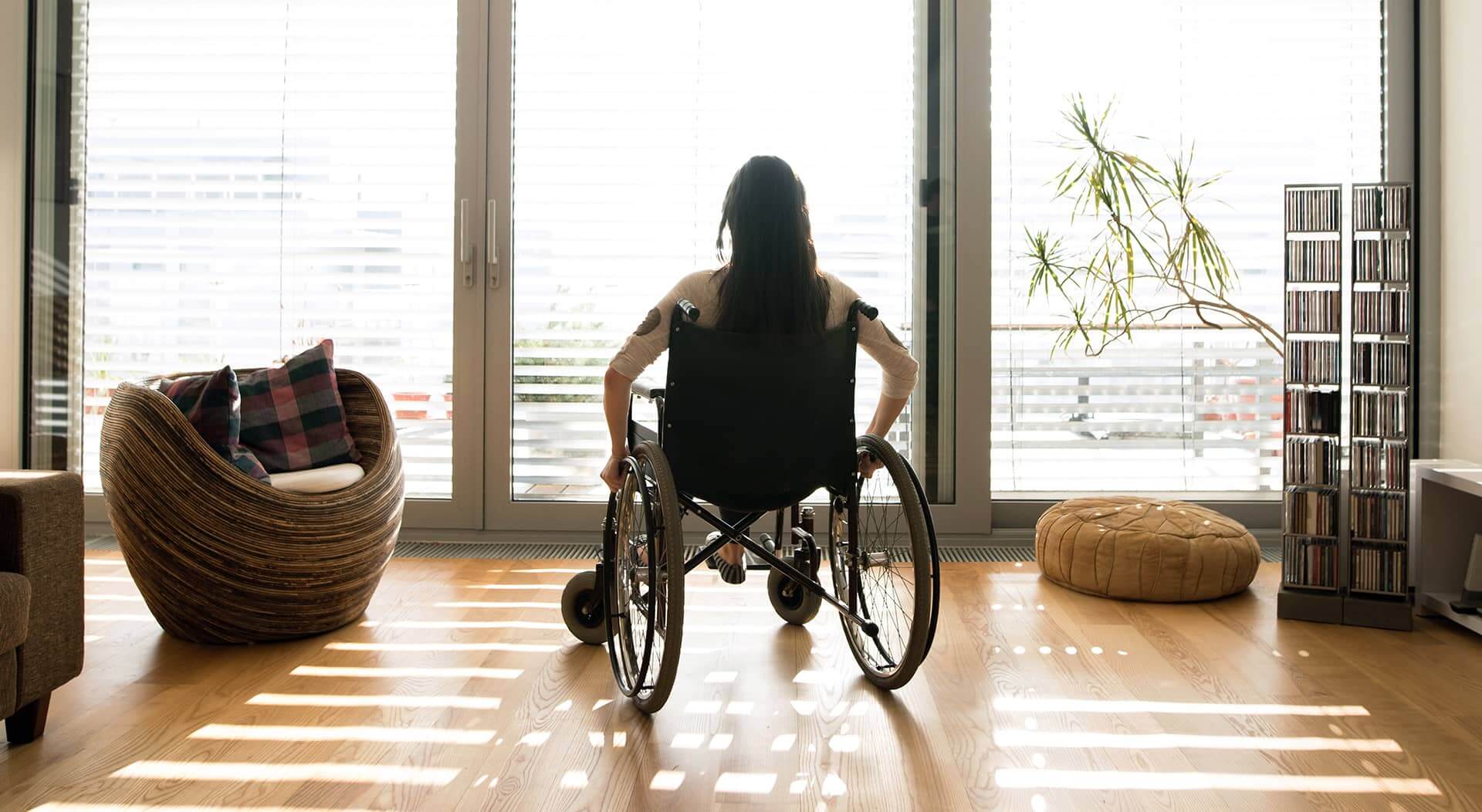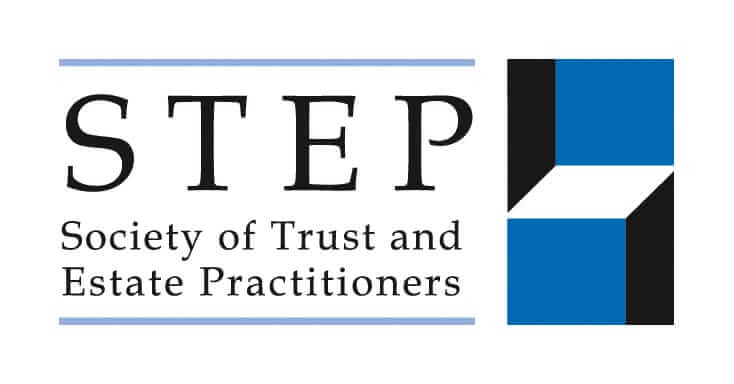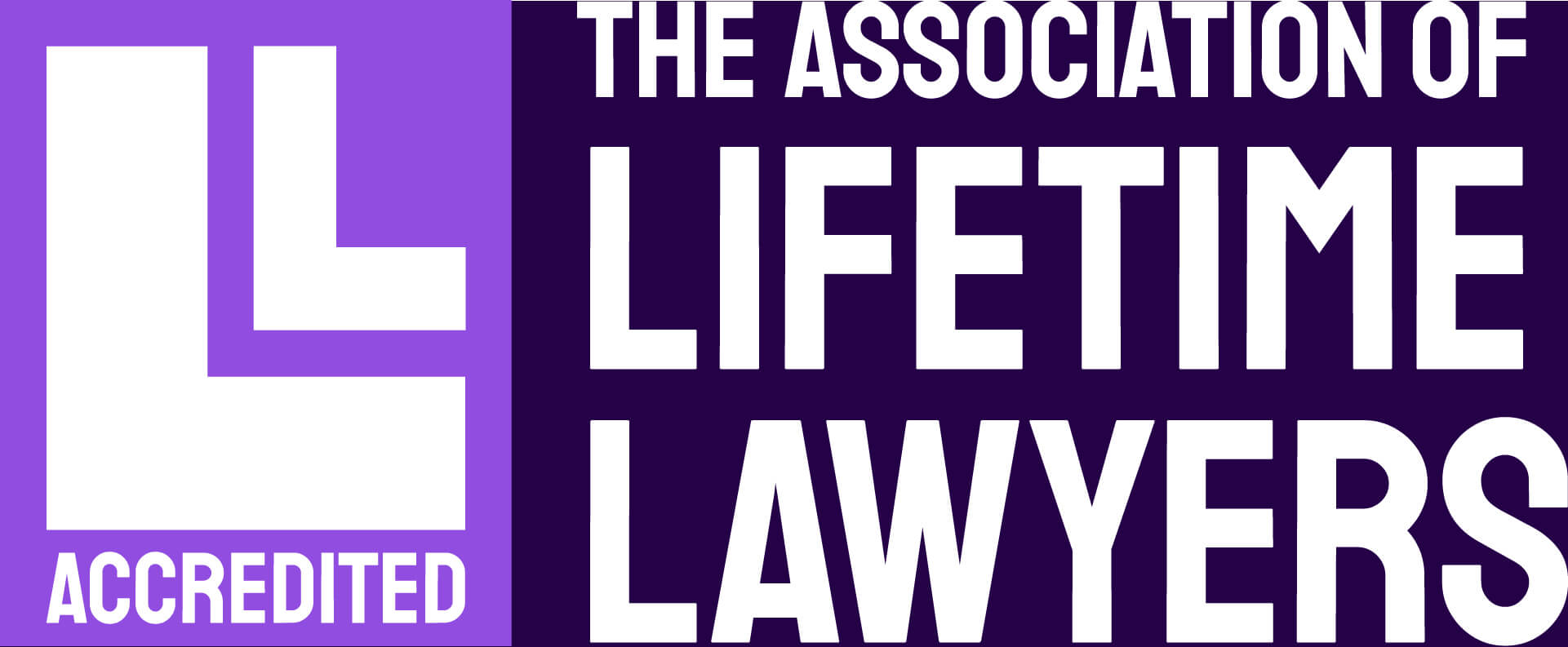Our industry-leading lawyers specialise in fighting for compensation for people who’ve been injured as a result of accidents and hospital errors. The formal term for this action is a Personal Injury claim.
We can help further by setting up a trust for the compensation you receive from your claim.
Our specialist solicitors are experts in this area of law and regularly act as both professional deputies and trustees for a wide range of clients.


“They provide a strong, compassionate and proactive service, with in depth knowledge of their clients and an ability to recognise their part within the clients’ life, goals and rehabilitation.” – Chambers UK, 2025






















